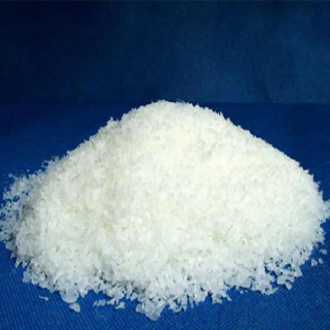
Polyvinyl alcohol (PVA) is a white, stable, and non-toxic water-soluble polymer. It is mainly prepared by the polymerization reaction and alcoholysis of vinyl acetate. Its chemical structure is composed of vinyl alcohol units, with the molecular formula of (C₂H₄O)ₙ, and it has good chemical stability and biocompatibility. Physical Properties Solubility: Polyvinyl alcohol powder can dissolve in water. Polyvinyl alcohol resins with a degree of alcoholysis less than 95% can dissolve in water at room temperature, while polyvinyl alcohol resins with a degree of alcoholysis greater than 99.5% can only dissolve in hot water above 95°C. Thermal Stability: Polyvinyl alcohol is stable in properties below 40°C. When heated above 100°C, it will gradually change color and become brittle. Above 160°C, it will dehydrate and etherify, losing its solubility. Above 220°C, it will decompose, producing substances such as water, acetic acid, acetaldehyde, and crotonaldehyde. Chemical Resistance: PVA exhibits extremely high stability against weak acids, weak alkalis, and organic solvents, and also has good oil resistance. Storage Stability: The aqueous solution of PVA is very stable at room temperature and will not deteriorate even after long-term storage. Film-forming Property: PVA is easy to form a film. The formed film is colorless and transparent, with good mechanical strength, a smooth surface, non-stickiness, good light transmittance, high moisture permeability, no electrification, no dust absorption, and good printability. Chemical Properties PVA can be regarded as a linear polymer with secondary hydroxyl groups. The hydroxyl groups in the molecule have high reactivity and can undergo reactions such as esterification, etherification, and acetalization. It can also react with many inorganic compounds or organic compounds. Application Fields Biomedicine: Due to its excellent biocompatibility, non-toxicity, and adjustable crystallinity, PVA has been widely used in the fields of cell culture, drug release, and tissue engineering. PVA hydrogel materials have good self-healing ability and mechanical properties, and are suitable for wound dressings and biological scaffolds. Textile Industry: PVA can be used as textile sizing agents and printing thickeners, with good film-forming and emulsifying properties. Building Materials: PVA fibers have good affinity and bonding properties with substrates such as cement and gypsum, and have good acid and alkali resistance and weather resistance. They are green building materials that are non-toxic and pollution-free.